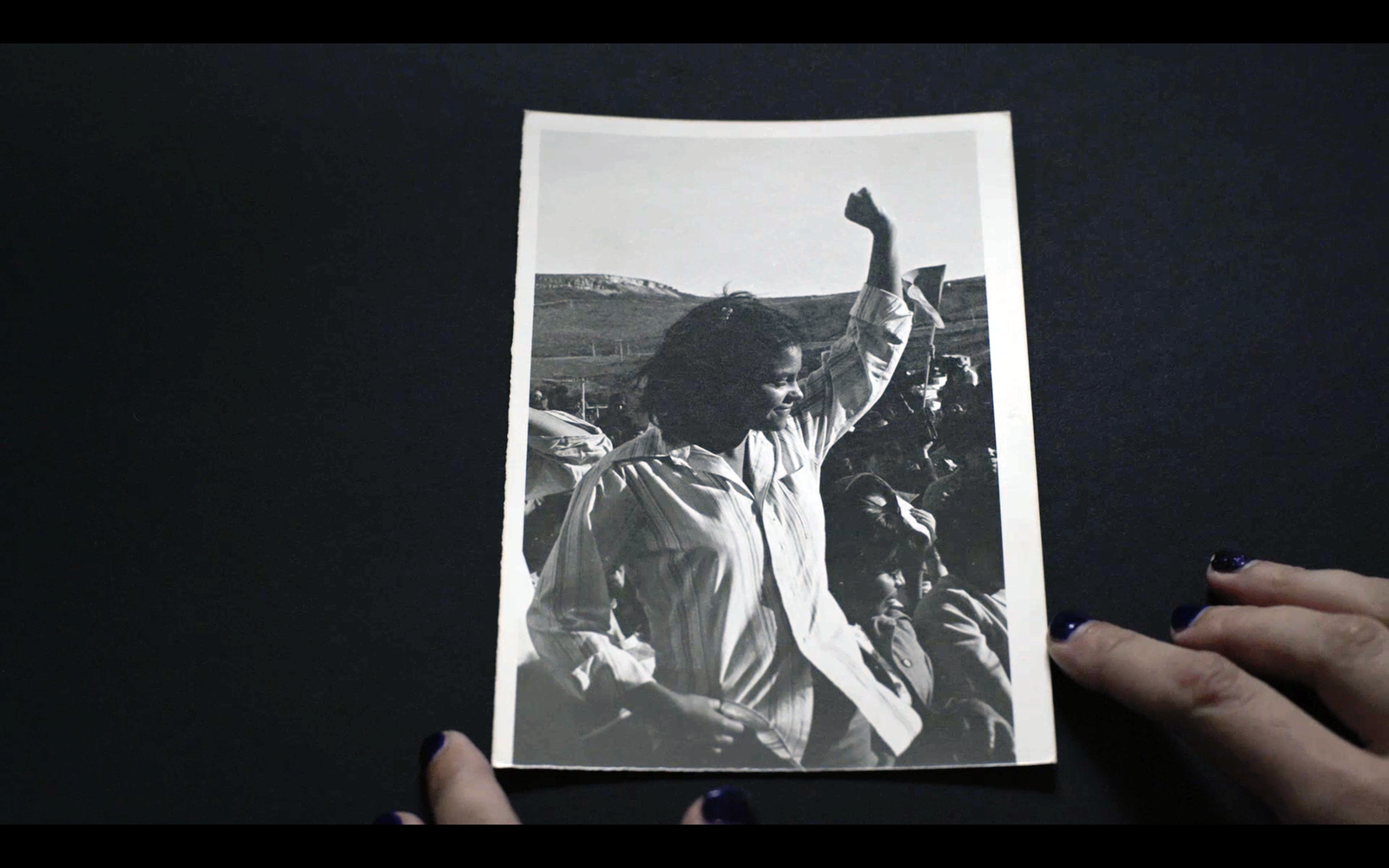Letters of Disappointment / Lettere di Disincanto
December 30, 2022–March 25, 2023
via Grimaldi 93
97015 Modica Ragusa
Italy
Hours: Monday–Saturday 10am–7pm
T +39 0932 188 1704
info@gallerialaveronica.it
An exhibition opening at the end of the year necessarily has to contain an element of transition. This is the case with this one, titled Letters of Disappointment. It is a show featuring works that were preparatory or research studies to other larger or collective works, together with some recurring “reading” formats such as I Read It with Golden Fingers or Annotated Books.
The work that gives the title, Letters of Disappointment, condenses three years of going through texts written by remarkable, historical authors such as Rosa Luxemburg, Alexandra Kollontai, Audre Lorde, Clara Zetkin or Angela Davis, on the subject of disappointment. Paraphrasing the 1855 speech by US feminist Lucy Stone, Disappointment is the Lot of Women: “From the first years to which my memory stretches, I have been a disappointed woman.” Yet, the feelings transpiring through these texts are not bitter or defeatist. Over these three years, I have come to realise that all revolutions have been started by women, and in all these revolutions, on the way to victory, “the woman question” has been postponed. The disappointment generated by these historical snubs is the fuel of the feminist struggle today. This collection of letters is presented as handwritten notes made in books that relate to the letters in different ways, just as love letters are often kept between the pages.
A preparatory study is shown in the form of 18 original drawings. They are the first study for the collective work-in-progress The Bug, which was presented three times during 2022. The Bug is a collective performative elaboration of the theatre play by Vladimir Mayakovsky The Bedbug (1929), written a few months before his suicide, disappointed in love and in revolution. This is the text describing the work for its last iteration in Madrid: “The time-travel storyline of The Bedbug was already popular in the science-fiction craze of the ’20s, and multiple works of fiction have used it ever since: a visitor from the past arrives in a future that is our present. In Mayakovsky’s work, a (dubious) Soviet revolutionary is frozen by accident together with his insect parasite in 1929, and both are brought back to life 50 years later, in 1979. […] in our own version, The Bug, we imagine a collective author who analyses questions such as: ‘What happens in 50 years?’ ‘Who evaluates and values the importance of countless events?’ ‘How are these events told?’ ‘With what words?’ ‘Who writes and who reads?’ ‘Who speaks and who listens?’ Imagine that history repeats itself cyclically. In this eternal return there is a recurring fault, a parasite, an insect, something that prevents the repetition from flowing without casualties.”
And what might be considered a third element of research, Amor Rojo soundtrack, to be listened to in the dark, is presented as a sound installation. It is a work derived from a 1930 song by Friedrich Hollaender and performed by Marlene Dietrich. This song is at the centre of my film-in-progress Amor Rojo (2018–23), which establishes connections between early 20th-century Marxist feminisms and the current ‘fourth wave’ of feminism. The lyrics of this song may also cast some light on Letters of Disappointment:
“No one had asked us, when we were still faceless whether we’d like to live, or rather not. Now I’m wandering around alone in a large city, and I don’t know if she cares for me. I’m looking into living rooms through doors and windows, and I’m waiting and waiting for something. If I could wish for something I’d feel awkward What should I wish for, a bad or a good time? If I could wish for something I’d want to be only a bit happy because if I were too happy I’d long for being sad.”
Finally, the exhibition also features a new work from the series Annotated Books: Letters from Prison by Antonio Gramsci, and two new works from the series I Read It with Golden Fingers: The Thief’s Journal, by Jean Genet, and The Workers Opposition, by Alexandra Kollontai. —Dora García



